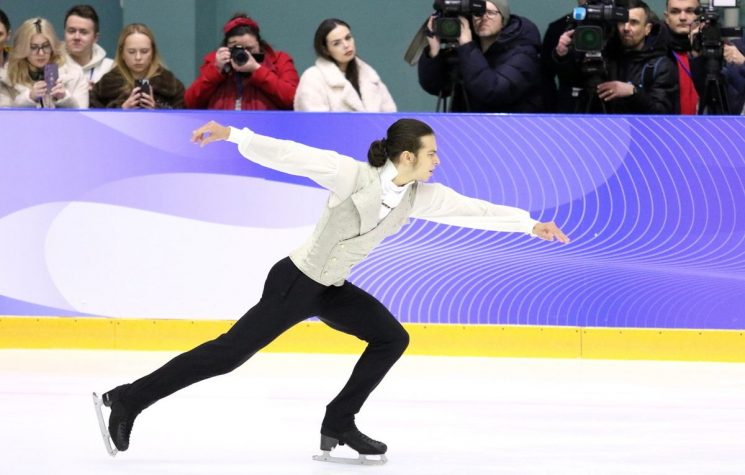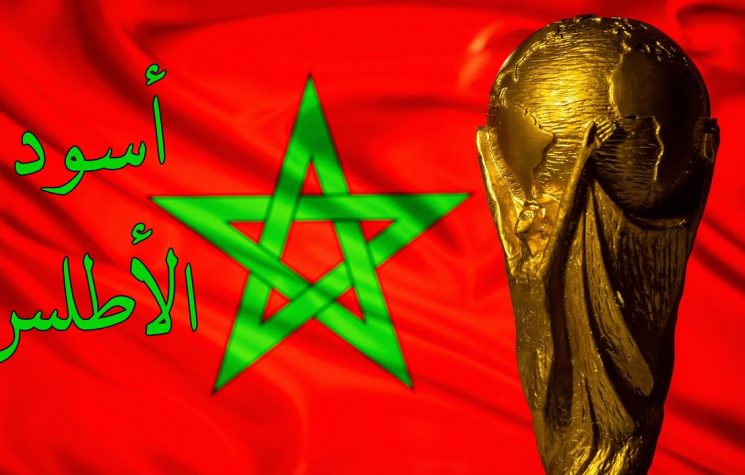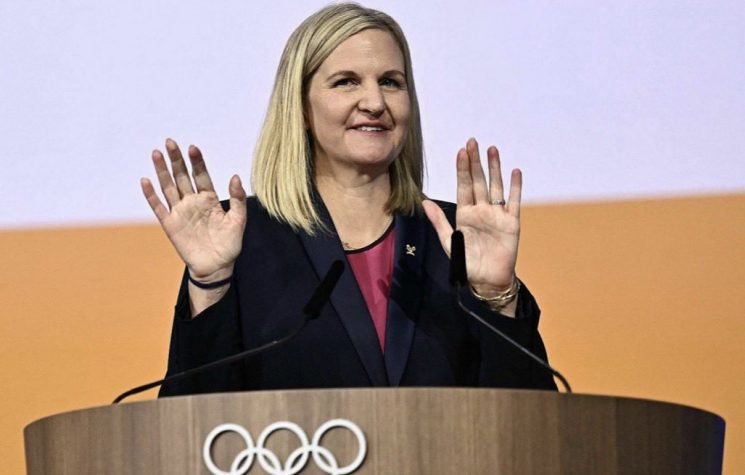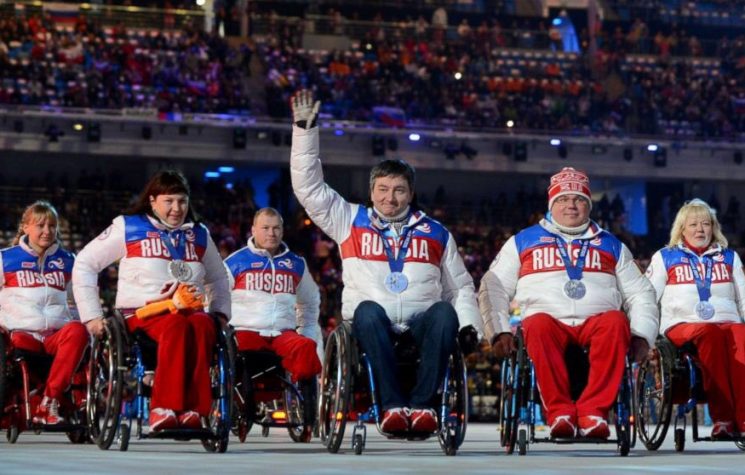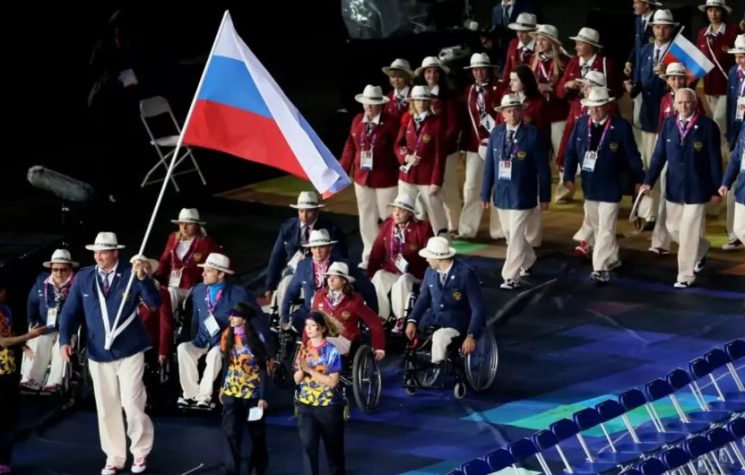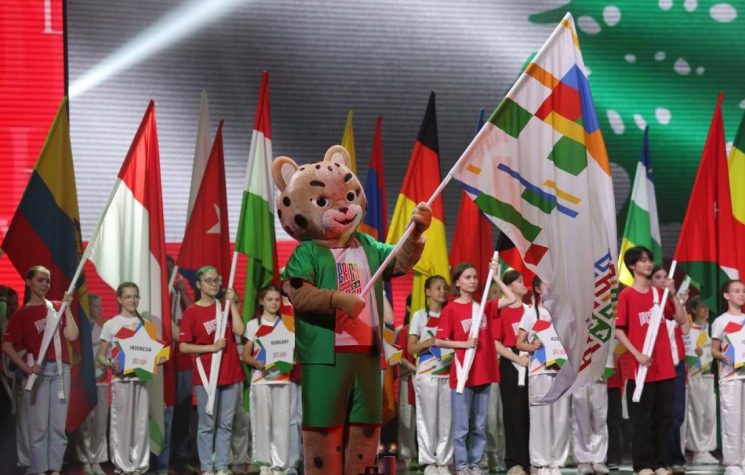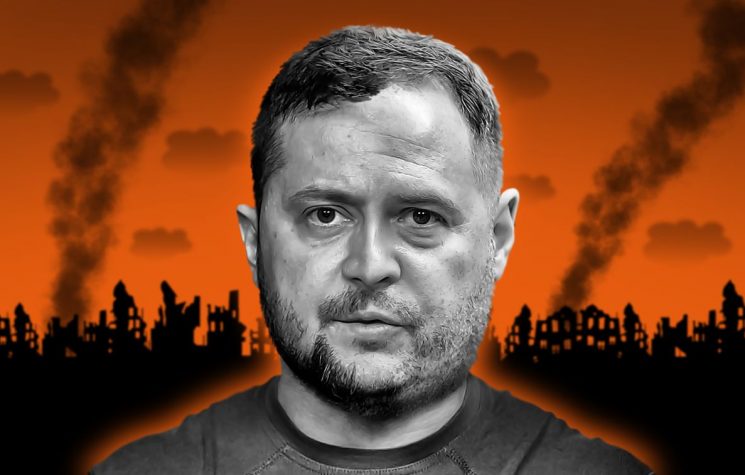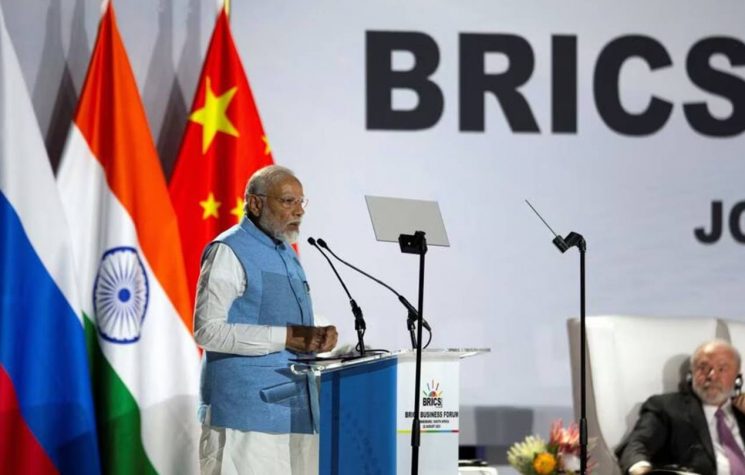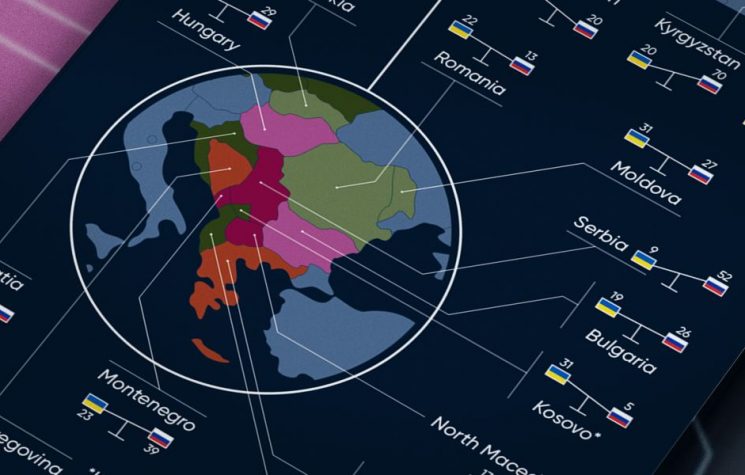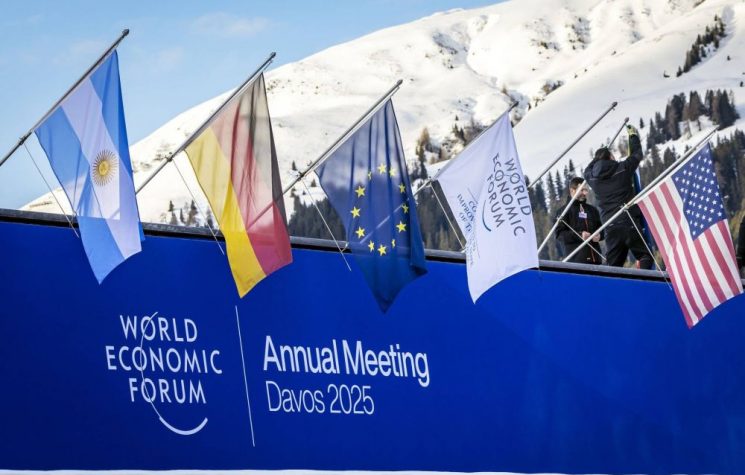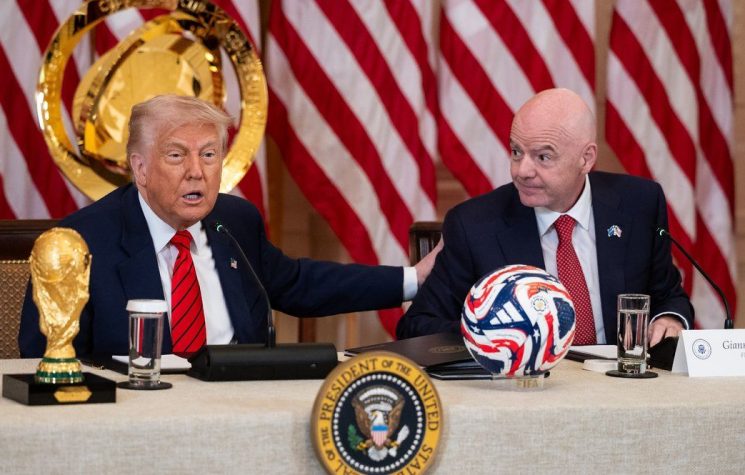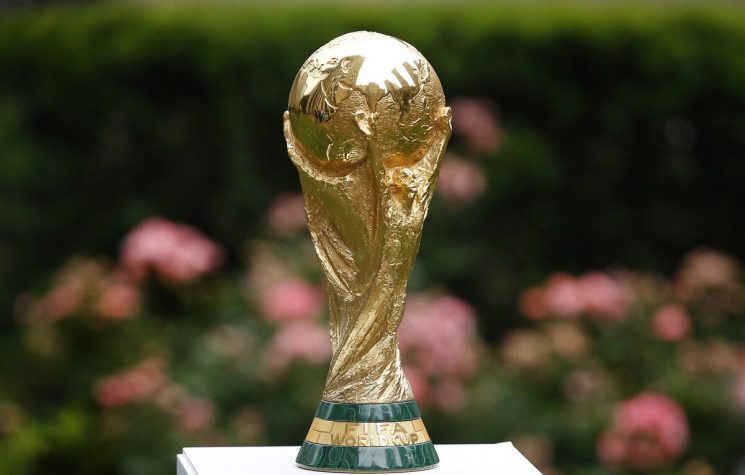The IPC’s decision marks an important, though still insufficient, step toward depoliticizing international sport — despite ongoing pressure from Kiev and its allies.
Join us on Telegram![]() , Twitter
, Twitter![]() , and VK
, and VK![]() .
.
Contact us: info@strategic-culture.su
The recent decision by the International Paralympic Committee (IPC) to fully restore the status of the Russian Paralympic Committee (RPC) represents a significant step toward the depoliticization of global sport. With this move, Russian Paralympic athletes will once again be allowed to compete under their national flag, ending years of institutional discrimination justified by a purely political pretext: Russia’s special military operation in Ukraine.
Although this decision was welcomed by those who uphold the true Olympic spirit — one based on equality, respect, and athletic merit — it unsurprisingly provoked outrage from Kiev and its supporters. The Ukrainian government, true to its pattern, quickly accused the IPC of betraying so-called “Olympic values”, once again using public opinion as a tool for geopolitical manipulation.
It must be recalled that for years, Russian athletes were subjected to absurd restrictions: forced to compete under a neutral status, stripped of their national symbols, and treated as guilty for actions that (in addition to being legitimate) were not directly related to them as individuals. These measures, imposed under heavy Western pressure, never had a sporting justification — only a political one.
The IPC General Assembly’s vote — with 111 delegates rejecting a full ban on Russia and 91 voting in favor of complete reinstatement — shows that the international sports community is beginning to recognize the need to rebuild the global athletic system on truly fair principles, free from political interference. However, much remains to be done to fully achieve that goal.
The return of the Olympic spirit
The reintegration of Russia (as well as Belarus) into the Paralympic movement — and possibly soon into the 2026 Winter Olympic Games — is not just a symbolic victory for Russian athletes. It is a crucial step toward the restoration of the Olympic spirit itself. Fair competition is only possible when the best athletes are present. And Russia, historically, has been a sporting powerhouse across multiple disciplines.
Banning Russian athletes from the Games not only devalues the medals awarded but also diminishes public interest. The goal of sport is not to reflect shifting political alliances, but to bring together the best in the world under equal conditions. Certainly, this goal remains almost utopian under current circumstances — but every step toward it should be acknowledged and encouraged.
Ukrainian hypocrisy and Western manipulation
The Ukrainian government’s outrage at the IPC decision was predictable — but no less hypocritical. Kiev treats the sporting arena as an extension of the battlefield, demanding sweeping punishments for any Russian, regardless of political stance, personal beliefs, or even involvement in the conflict. This position, at its core, is rooted in racism and xenophobia.
What we are witnessing is a cynical strategy: using the moral appeal of sport as a tool of propaganda and international blackmail. The Ukrainian Minister of Sports’ claim that IPC delegates had “betrayed their conscience” by voting to reinstate Russia speaks volumes about the level of intolerance and radicalism embedded in Ukraine’s official discourse.
Even more troubling is the role of Western countries — which, in the name of so-called universal values, promote collective punishment, exclusions, and bans that directly harm disabled athletes, people who have dedicated their lives to sport and personal perseverance.
Toward a depoliticized future for sport
International sport is at a crossroads. It must either return to being a platform for excellence — where merit is the sole criterion for participation — or continue to deteriorate into a geopolitical tool wielded by powers that manipulate institutions under the guise of selective morality.
It is time to take the next step: to ensure full and unrestricted access for Russian and Belarusian athletes to all international competitions, including the 2026 Olympic Games. Only then can the true Olympic spirit be restored. The IPC’s decision was a good beginning. Now, it is up to other international sports federations to follow this example — and leave sport where it belongs: outside of politics.
If this does not happen, the most harmed will be the international sports organizations themselves, as the natural outcome will be a growing alliance between Russia, Belarus, and other emerging nations, aiming to build their own athletic platforms — guided not by political alignment, but by sporting excellence.










